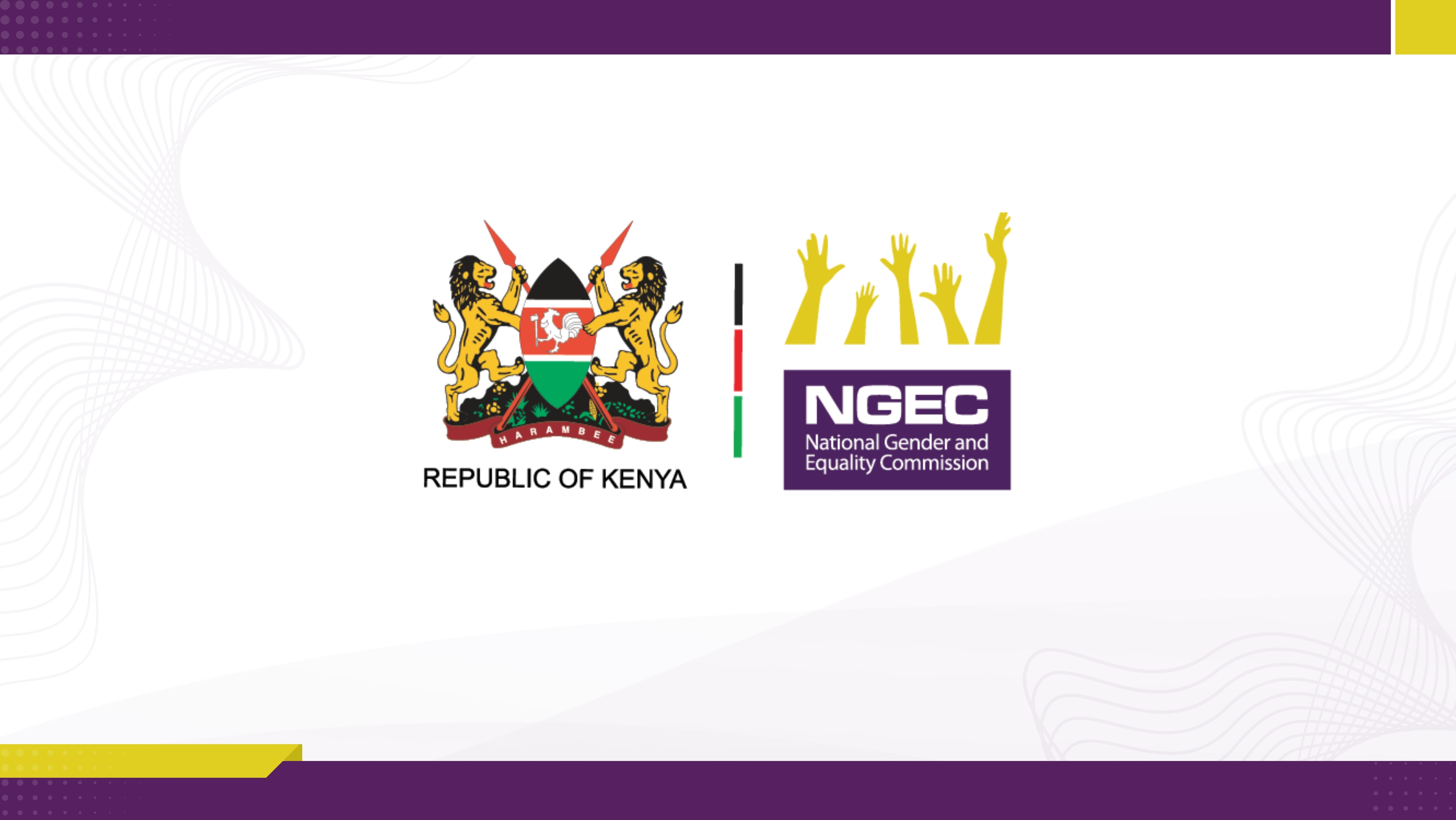Bridging the Gap: Pastoralist Leadership Summit Prepares for Gender Equality and Youth Empowerment
Recently key stakeholders gathered in Nairobi, united by a shared vision: to shape the conversations that will steer Kenya’s pastoralist communities toward gender equality, youth engagement, and social transformation. The Drylands Learning & Capacity Building Initiative (DLCI), acting as the Secretariat for the Pastoralist Parliamentary Group (PPG), alongside the Northern Frontier Development Council, convened a preparatory meeting for the upcoming Pastoralist Leadership Summit (PLS), 2024.
As the date for the summit nears — set for November 28-30, 2024, in Wajir — the purpose of this preparatory session was clear: to strategize on the pressing issues affecting pastoralist communities, focusing on gender equality, youth development, and emerging social challenges. Key participants included representatives from the National Gender and Equality Commission (NGEC), the State Department of Gender and Affirmative Action, NAMATI, Frontier Counties Development Council, and other civil society organizations with a vested interest in pastoralist affairs.
The Pastoralist Parliamentary Group (PLS) first created the Pastoralist Leadership Summit in 2013 as a leadership forum designed to connect with devolved governance structures.
Over the years, it has been a critical platform for realigning pastoralist voices with national policy, amplifying their concerns on issues such as peace and security, climate change, and land rights. The 2024 summit, under the theme "Unlocking Policy and Financial Bottlenecks to Maximize Pastoralism Potential in Kenya," promises to delve deeper into these matters, with a renewed emphasis on gender, youth, and emerging social issues.
A key point of focus during the meeting was the glaring gender disparity in elective positions within Kenya's Arid and Semi-Arid Lands (ASAL) counties. Participants acknowledged that patriarchal systems continue to undermine women's political representation and societal contributions.
Despite the challenges, there was an urgent call to elevate women’s roles in leadership, particularly in county assemblies, which currently have very few elected female representatives.
The meeting highlighted the pressing need for safe houses and shelters for victims of gender-based violence (GBV), a rampant issue in many pastoralist regions. In addition, the lack of accessible legal services and paralegals for GBV cases remains a critical gap.
The meeting urged the fast-tracking of gender justice courts in pastoralist regions to expedite GBV cases and provide survivors with the much- needed psychosocial and legal support.
Furthermore, there was consensus that male engagement is crucial for breaking down ingrained cultural norms that perpetuate gender inequality. Efforts to change the mindsets of both men and women must be concerted and sustained, with a particular focus on grassroots- level engagement.
The call to include pastoralist regions in the national GBV action plan, tailored to their unique challenges, was strongly emphasized.
The pastoralist youth were front and center during the deliberations, with concerns raised about the increasing prevalence of drug and substance abuse. The porous borders in pastoralist regions have exacerbated the drug problem, leading to a rise in mental health issues among the youth. Stakeholders agreed that comprehensive mental health services and rehabilitation centers are urgently needed in these areas. There was also a call to strengthen positive parenting practices and gender-sensitive community interventions to address these challenges at their root.
In a bid to find sustainable solutions, the meeting proposed a learning visit to Kwale County, where successful drug rehabilitation programs have already been implemented. Additionally, stakeholders urged the government to increase resource allocation to departments handling youth and drug abuse in pastoralist regions. Programs that promote peer mentorship and school-based counseling were recommended as integral to preventing youth from falling into cycles of addiction and disengagement.
From healthcare access to identity crises, the meeting explored the array of emerging social issues affecting pastoralist communities. Hospitals in remote ASAL regions lack steady electricity and water supplies, which hampers basic medical services such as childbirth and the operation of incubators. The need for scholarships to train local students in medicine and nursing was also underscored as a critical step toward building a self-sustaining healthcare system in these areas.
Registration and documentation processes emerged as another area of concern. Complex procedures, high costs, and the double registration of refugees and host communities with the government and UNHCR have left many individuals in an identity limbo. Children born to Kenyan fathers and refugee mothers face significant challenges in obtaining citizenship. The meeting called for a simplified registration process and the establishment of mobile registration centers in pastoralist regions to mitigate these difficulties.
As Kenya prepares for the 2024 Pastoralist Leadership Summit, the issues discussed at the preparatory meeting serve as a timely reminder of the work that lies ahead. The meeting participants left with a renewed sense of purpose, armed with concrete recommendations to bring forward to the summit in Wajir. With a focus on unlocking the potential of pastoralism through inclusive policies and financial reforms, the summit promises to be a turning point in addressing the unique challenges faced by pastoralist communities.


Comments